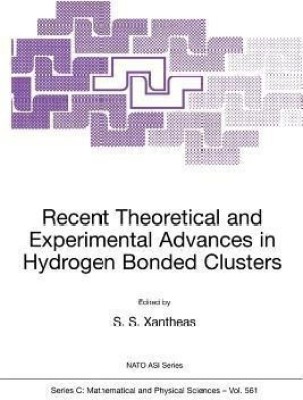Recent Theoretical and Experimental Advances in Hydrogen Bonded Clusters(English, Paperback, unknown)
Quick Overview
Product Price Comparison
The importance of hydrogen bond interactions in many chemical and biological processes such as aqueous solvation and reaction, atmospheric aerosol formation and reactivity, and enzyme functionality has fueled an increasing interest in the field of hydrogen bonded liquids. Clusters of hydrogen bonded systems serve as prototypes in obtaining a molecular level understanding of their stability and chemical reactivity via the exploration of their structural and dynamical properties. Since they probe the fundamental interactions at the molecular level, they furthermore offer the advantage of serving as guidelines/benchmarks in the development of comprehensive models used to simulate the measured macroscopic properties of condensed phase environments. To this end, theory and experiment enter as equal partners in the effort to provide a broader picture of the nature of the hydrogen bond in clusters with the ultimate goal of modeling processes in condensed phase environments of these systems. Theory is needed in order to provide a vehicle for the interpertation of the experimental measurements and, in turn, experimental validation of the theoretical propositions strengthens their credibility.


